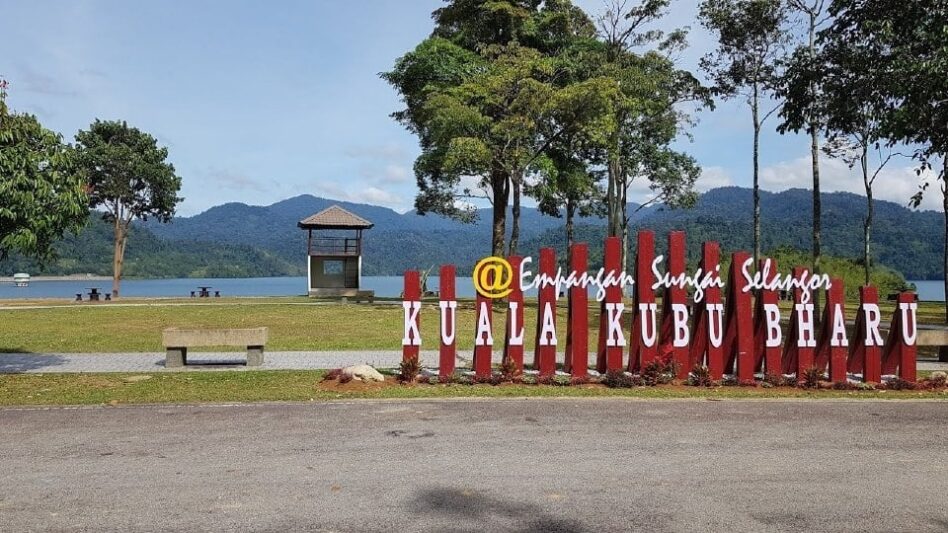DIGITALISATION opens up opportunities for lots of people, but if one is not on the right side of the digital divide or, in other words, if one is unconnected or do not have the ability or the skills to use their device, they are going to be left out.
Government efforts to promote digitalisation and push for online business particularly during the COVID-19 pandemic would open up tremendous opportunities, but these must be complemented by initiatives to narrow down the digital divide, said United Nations Development Programme’s (UNDP) chief digital officer Robert Opp when moderating the AVEVA Sustainability Media Roundtable session last night.
According to Opp, the world is experiencing unprecedented and accelerating changes in the environment and at least 70 million people have joined the ranks of extreme poverty due to the COVID-19 pandemic.
“So, one of the big issues for us that we see, globally, is the need to bridge the digital divide. We can expect that those inequalities that we see currently will rise if we’re not looking at how to intentionally reach out to everybody,” Opp pointed out.
“Thus, we must close the digital divide and we must use digital approaches that can include the entire population.”
Meanwhile, the UNDP has undertaken its own digital transformation in large part in partnership with private sector companies which are able to offer expertise. They are starting to see some benefits, so whether it’s using blockchain to trace chocolate or cocoa production for consumers or whether it’s using artificial intelligence (AI) or using crowdfunding and blockchain to crowdfund solar installations for renewable energy, UNDP sees the amazing potential for these digital technologies to take root and really have a positive impact on people’s lives.
The online session explored how leading companies are embracing innovation and applying intelligent software to reshape their industrial operations. It demonstrated how emerging technologies such as artificial intelligence, cloud, digital twin, visualisation and data analytics are supporting advancements in sustainability, and enabling organisations to make significant changes to improve the environment.
Opp said the public-private partnership model works in markets that are not well known and lack data.
As UNDP is publicly funded, it tries to enter spaces to look at new business models and look into areas of work that we can shine light on.
“In fact, we’ve got a whole part of the organisation that looks at the investment opportunities that can be made and make that information available to the markets,” Opp added.
This is because in some cases, you might need public sources of funding like the government or the World Bank or these kinds of sources to offset some of the risk for business to go into new areas where they’re less proven,” Opp elaborated.
This is particularly when the cases are related to experimental technologies and align country interest with corporate interest, Opp explained. – Jan 28, 2021










